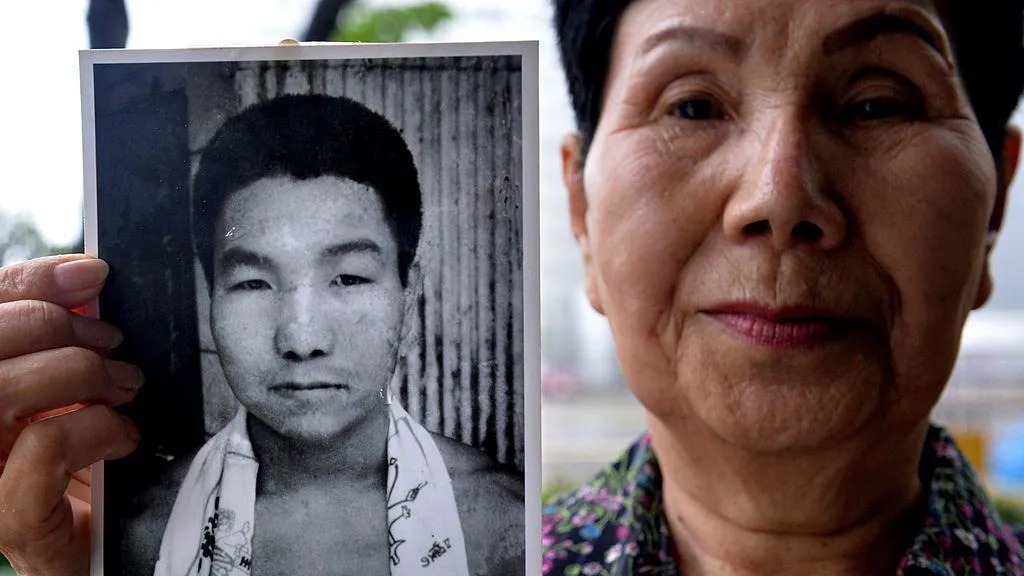
The Story of Iwao Hakamata: A 56-Year Fight for Freedom
When Iwao Hakamata was declared innocent in September 2024, it ended Japan’s longest-running legal saga, but the moment was bittersweet. After 56 years on death row, the 88-year-old, once a professional boxer, seemed unable to comprehend his acquittal.
His sister, Hideko Hakamata, now 91, has spent her life fighting for his freedom after he was convicted of quadruple murder in 1968. Her persistence finally led to justice, but decades of solitary confinement left deep scars on her brother’s mental health.
A Miscarriage of Justice
In 1966, authorities accused Iwao of killing his employer and the employer’s family, stealing 200,000 yen, and setting their house on fire. Despite initially denying the charges, he later confessed after torturous interrogations lasting 12 hours daily. In 1968, he was sentenced to death.
Evidence against Iwao included blood-stained clothes recovered from a miso tank a year after the murders. For years, his defense argued that the DNA on the clothes didn’t match his and alleged that the evidence was planted.
In 2014, Iwao was released from prison pending retrial, but his case dragged on until 2024. The turning point came when a judge ruled the evidence was fabricated, and Iwao Hakamata was declared innocent.
The Toll of Life on Death Row
Japan’s death row system subjects inmates to cruel conditions, notifying them of their execution only hours in advance. Experts, including Amnesty International, have criticized the practice as inhumane and degrading, leading to severe mental health issues.
Hideko recalls her brother’s deteriorating condition:
“He told me, ‘Do you know who I am?’ I said, ‘Yes, you’re Iwao Hakamata.’ He replied, ‘No, you must be here to see someone else.’”
Her unwavering advocacy kept his case alive. In court, she pleaded for his retrial, and when the verdict came in 2024, she wept tears of joy.
A Life Reclaimed
After his release in 2014, Iwao moved in with Hideko, who transformed her apartment into a sanctuary for her brother. She painted the door pink, symbolizing hope and resilience, and continues to care for him daily.
Despite the trauma, Hideko refuses to dwell on their lost years.
“Complaining about what happened will get us nowhere,” she says. “I just want Iwao to live a peaceful and quiet life.”
A Broken Justice System
Iwao’s case exposes flaws in Japan’s legal system, including a 99% conviction rate and a practice known as “hostage justice,” where suspects face extended detention and coerced confessions.
Human rights groups have long called for reform. Professor David T. Johnson, an expert on Japanese criminal justice, said:
“When wrongful convictions occur, it’s because judges and prosecutors fail to prioritize justice.”
External Link: Read more about the Hakamata case at BBC News.
Internal Link: Explore global stories of justice at Kenkou Land.





